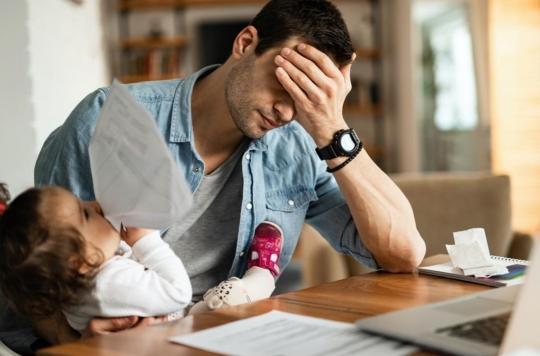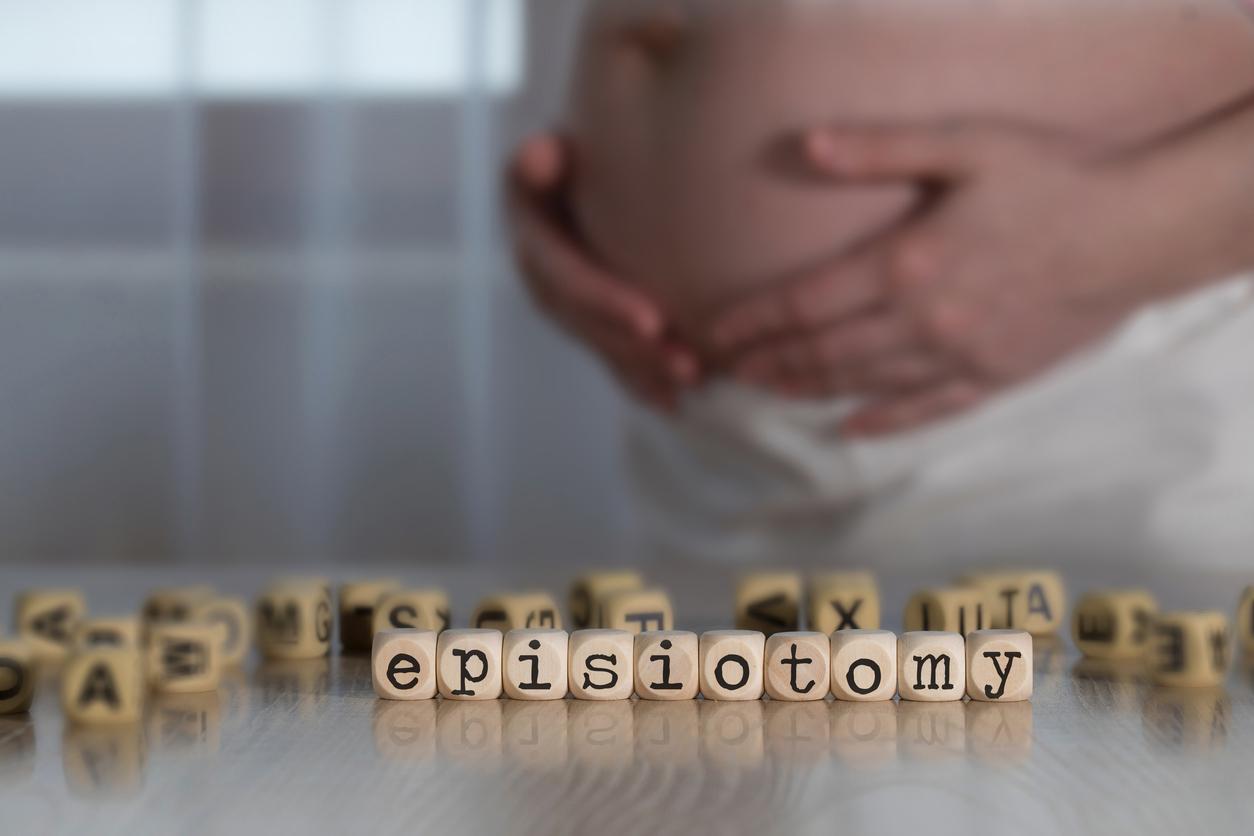Fathers are more likely to suffer from anxiety during pregnancy or during the first year of their child’s life, compared to the general population.

- Fathers are more stressed during the child’s first year of life than during the mother’s pregnancy
- This prevalence of fear anxiety leads fathers to addictive behavior
The arrival of a child is an upheaval, which upsets both parents. Although the difficulties encountered by mothers, whether it is the baby blues or the difficult period of postpartum, are increasingly addressed in scientific studies and in the media, the mental health of fathers remains understudied. . In Journal of Psychosomatic Obstetrics & Gynecology, a scientific team publishes data on the subject. According to its authors, this would be the first meta-analysis dedicated to the prevalence of anxiety in fathers and mothers during the perinatal period, ie the time elapsed between pregnancy and the first year of the child’s life.
Over 25 years of data
“The transition to parenthood is a major life event, and is often accompanied by challenges, related to financial, social and work-life balance issues, comments Jenn Leiferman, one of the authors of this study. Although these changes affect both men and women, we still know little about the prevalence of anxiety in fathers.“With her team, she used data collected between 1995 and 2020: in total, this represents more than 40,000 people. 11% of the fathers listed in the sample suffered from anxiety during the perinatal period: the rates are lower during pregnancy (9.9%) than during the first year postpartum (11.7%). For comparison, the World Health Organization estimates that between 2.2 and 3.8 percent of the population suffers from anxiety. For scientists, this suggests that “transition to parenthood increases risk of anxiety in men“. If it is important, this rate remains lower than that of women: they would be 17.6% to suffer from anxiety during the perinatal period.
The need for better care
For the authors of this study, these results should make it possible to do more prevention on the subject of anxiety in young fathers. “The prevalence of anxiety and depression in men is more taboo, while research shows that men have a higher risk of suicide or alcohol addiction, compared to womenadds Jenn Leiferman. It’s important that we are more transparent about men’s mental health.” With her team, she hopes that this awareness will allow faster care for men suffering from anxiety or depression.

.















